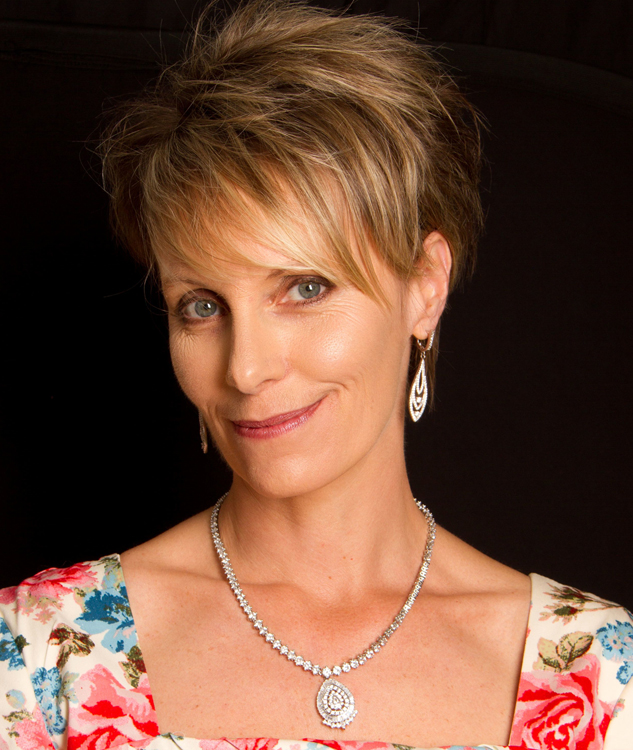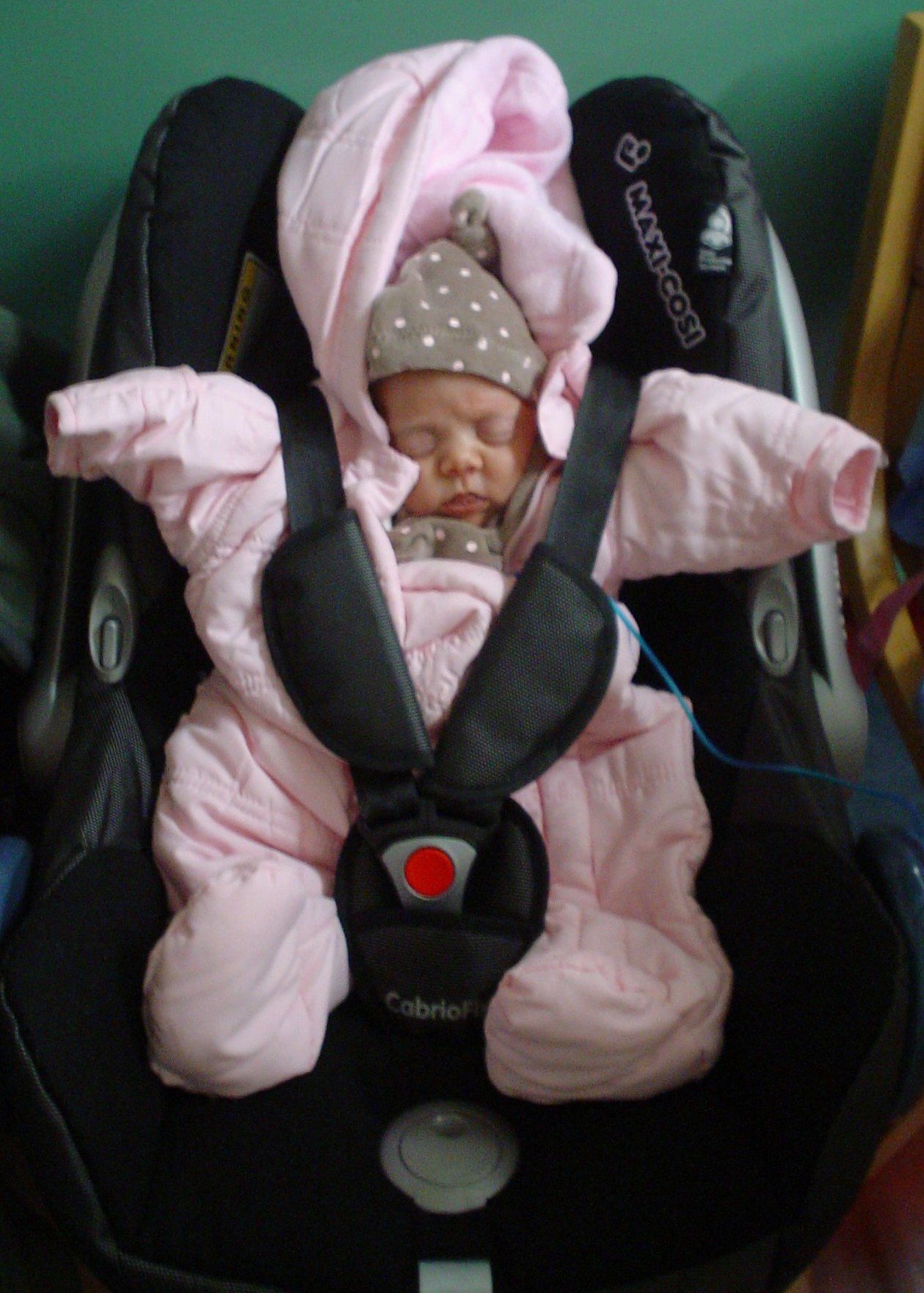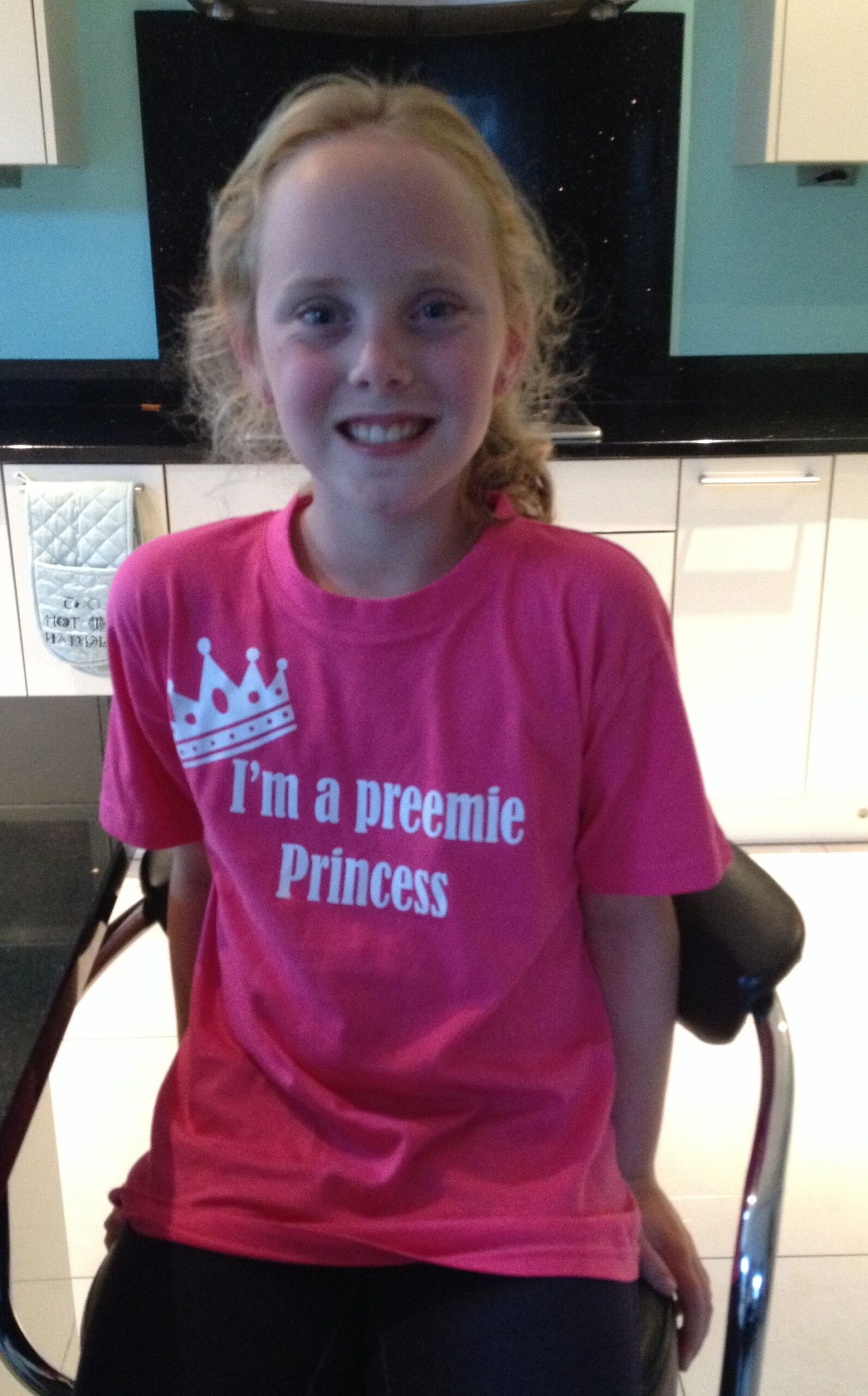
Leaving the secure if somewhat claustrophobic bubble of the NICU after three months was tinged with many conflicting emotions. We so desperately wanted to be a “normal” family, yet in our hearts we dreaded the day that the enormous responsibility of caring for our daughter would be placed on our shoulders alone. Our parenting journey to date had been filled with medical emergencies, medical interventions, enough medical personal to fill a football team and very little family time to enable us get to know Amelia.
On Christmas Eve 2006 we saw ourselves re-enter the real world, but now we were parents to a 5lb baby girl. As we walked towards the hospital car-park with Amelia in her car-seat I remember thinking (or hoping) that we would be intercepted and informed that a serious error had been made and Amelia was not ready for home: the sub-conscious has a skewed way of stating the obvious…we weren’t prepared for our role as parents.

Returning to our home that hadn’t been lived in for over three months was daunting on so many fronts. The house looked dilapidated, the fridge was empty, there was no sign of festive spirit, as we had only been given 8 hours notice of Amelia’s discharge and consequently we were both more akin to rabbits in the headlamps.
I don’t have many memories of that first Christmas, I can’t remember if we even had Christmas dinner, but losing the safety net of the NICU which had saved Amelia’s life on so many occasions over the previous few months, brought with it an overwhelming burden that is evident from the few photographs that we snapped over the festive season.
Nights merged into days, days into weeks, weeks into months and life became consumed by the multitude of hospital appointments, navigating the uncertain role of caring for a very preterm infant and losing ourselves in the mix.
We soon discovered that despite spending 12-14 hours each day at our daughter’s cot side, we didn’t know her at all. Guilt began to slowly weave its thread into every facet of our lives and the distance between our family and the NICU afforded our consciousness the opportunity to digest our journey to date: an emerging dilemma that we hadn’t anticipated and one we were ill-equipped to address.
Getting to know Amelia was challenging: she suffered from severe reflux, took hours to feed (thanks to an oral aversion which would take three years to diagnose), rarely slept, had severe separation anxiety, didn’t like to be held and neither of us could calm her, oftentimes tense and fraught, little body. The diary that I had started to keep on the day that Amelia was born, in which I recorded in obsessive detail my observations of her behaviours, would prove to be a godsend. Fast forward 3 years and 1000’s of diary entries later, it would help us finally secure a diagnosis of Sensory Processing Disorder for all the “behaviours” that had troubled me from those early days in the NICU. Three years spent wondering why my daughter hated tight clothing, swaddling, pacifiers, hair brushes, cried upon waking, hated bright lights and loud noises, had a preference for white noise, refused to put anything in or near her mouth, had meltdowns if clothes were put over her head, refused to put a toothbrush in her mouth, was unable to eat fruit, vegetables and meat and in some instances be in the same room as a piece of fruit.
That underlying fear that Amelia would be taken from us by some innocuous childhood illness remained constant. We never felt as if she was ours to keep: ours was a caretaking role and we lived from day to day often just passing each other in the corridor as we juggled careers and parenthood. We dreaded milestones as they were inevitably missed and we struggled to have our concerns heard. Amelia couldn’t negotiate stairs, cycle a bicycle, ride a scooter, use a skipping rope and never sat still. She was happiest when bouncing on her trampoline or any piece of furniture that had the remotest bounceability potential.
Starting school was an exciting time as here was a milestone that Amelia was going to meet and we had passed the parenting test of keeping her alive for nearly five years without too many trips to the emergency department. Her school principal looked on in horror the day I handed him Amelia’s medical file outlining her need to remove herself from the classroom if one of her classmates peeled an orange or ate a youghurt to avoid throwing up, her need to keep moving in order to self regulate and focus, not to mention her spectacular writing grip which would prove too much for the most seasoned teachers and her dyspraxia.
Amelia doesn’t know a life without physiotherapy, occupational therapy and speech and language therapy appointments. She thinks that all children have Chronic Lung Disease and she is slowly becoming aware that her left foot which has been ravaged by an aggressive haemangioma resulting in the loss of one toe is going to pose issues for her as she gets older and wants to pour herself into 6 inch stilettos. Her love of ballet dancing and horse-riding have helped us make inroads into her physical challenges, but her feeding issues have proved more difficult to get a handle on. At age 9 Amelia still experiences difficulty eating lumpy food, preferring a white smooth diet (with the exception of chocolate of course!). She struggles with food textures and smells and her diet is quite restricted. Her anxiety levels are palpable at the dinner table, but we keep abreast of new feeding techniques and continue to work with her to help her overcome these challenges. Time has been our greatest teacher and learning to trust our parental instincts has been a revelation.
On reflection we’ve learnt that many of our daughter’s early behaviours, as observed by me when she was in the NICU were indicators of her immature neurological system reacting to the noxious environmental stimuli. I often wonder had we been more aware and more attuned to her communicative efforts and had NIDCAP been available in our NICU, would we have been able to mitigate some of her ongoing conditions. What the past nine years has taught us is that we were uninformed, uneducated and ill-prepared for parenting our premature baby.
It is imperative that families are integrated into their infant’s care-team as primary caregivers from outset. Apart from the obvious need to feel as if we are parents in the alien setting of the NICU, our children need us, at this most vulnerable time in their lives. The harrowing truth is that only 8% of the infants’ contact in the NICU is deemed comfort touch, a figure that parents are best equipped to change. Armed with the developmental care knowledge I have acquired over the years, I have a far greater appreciation of the need to observe, protect and respect all infants in the NICU setting and to support their families through education and empowerment.

Amelia has transformed and enriched our lives in ways we can never repay her for. Our experience with prematurity has inspired me to set up the advocacy organization “The Irish Neonatal Health Alliance” (www.inha.ie) which supports families affected by preterm birth by advocating increased awareness, improved pre-conceptual and ante-natal education, equitable and standardized neonatal care and improved long-term care for both the premature baby and the family.
Our objective, through consultation with global networks of prematurity groups, healthcare professionals, educators, political decision makers and industry stakeholders is to foster the exchange of information, provide education to healthcare professionals and families and with one collective voice, to provide the platform for a coordinated and integrated program of collaborative support in the field of neonatal care in Ireland.
Mandy C. Daly, Dip. H Diet & Nutrition, Dip. Ki Massage, ACII, DLDU
Director of Advocacy & Policy Making, Irish Neonatal Health Alliance
Parent Advisory Board Member, European Foundation for the Care of Newborn Infants
Board Member, NIDCAP Federation International
